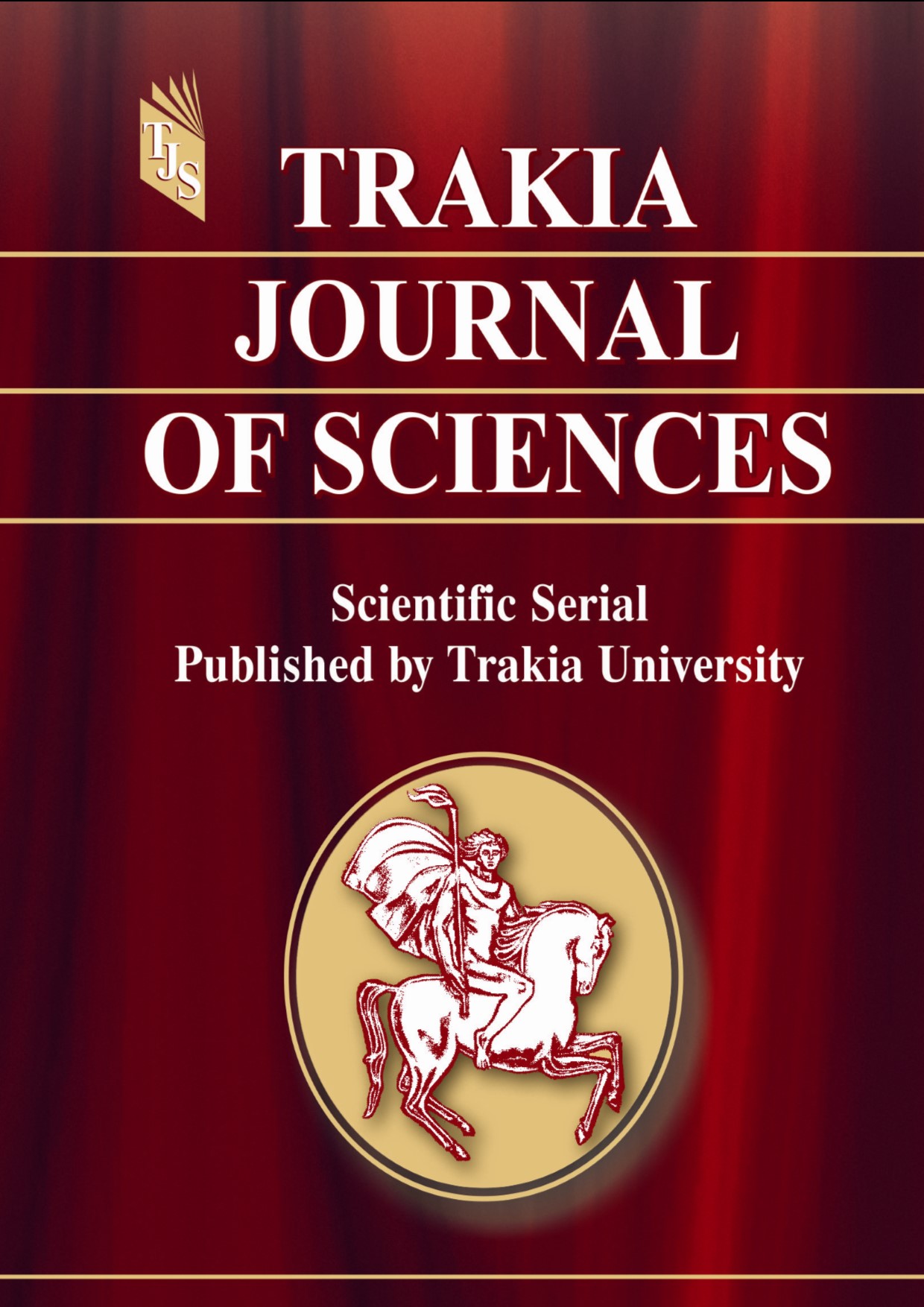THE POTENTIAL OF DIGITAL TECHNOLOGIES TO BUILD EFFECTIVE PARTNERSHIPS BETWEEN TEACHERS AND PARENTS
DOI:
https://doi.org/10.15547/tjs.2025.s.02.008Keywords:
communication, teacher-parent interaction, technology, qualitative research, reflective analysisAbstract
Aim: To explore the potential of digital technologies in supporting effective, ethical, and sustainable partnerships between teachers and parents.
Methodology. The study employs a qualitative approach using reflexive thematic analysis within a social constructivist framework. The empirical basis includes data from 33 short-term qualification trainings conducted by the authors between January 2024 and June 2025, involving a total of 445 educational professionals across various regions and educational stages. Data were collected through observations, field notes, and professional discussions. The analysis reflects an interdisciplinary expert reflection, integrating perspectives from psychology and educational technologies.
Results: Persistent challenges were identified, including emotional strain, lack of coordinated approaches, formalization and limited time. Effective individual practices were highlighted, along with five key areas for the application of digital technologies: structured communication, visual engagement, feedback, home-based support, and event organization. Barriers related to digital insecurity and lack of institutional framework are also reported.
Conclusions. Digital technologies can significantly enhance teacher–parent interaction when they are pedagogically integrated, guided by ethical sensitivity, and implemented within a supportive environment. Structured training, shared models, and systemic support are essential for sustainable implementation.
References
Ministry of Education and Science, Strategic Framework for the Development of Education, Training, and Learning in the Republic of Bulgaria (2021–2030). Ministry of Education and Science, Sofia, Bulgaria, 2021
Epstein, J. L., School, Family, and Community Partnerships: Preparing Educators and Improving Schools. Routledge, New York, NY, USA, 2018.
OECD, Education at a glance 2020: OECD indicators. OECD Publishing, 2020.
Kraft, M. A. and Bolves, A. J., Can technology transform communication between schools, teachers, and parents? Evidence from a randomized field trial. Education Finance and Policy, 17:479–510, 2022.
Park, S., Stone, S. I. and Holloway, S. D., School-based parental involvement as a predictor of achievement and school learning environment: An elementary school-level analysis. Children and Youth Services Review, 82:195–206, 2017.
Hill, N. E. and Tyson, D. F., Parental involvement in middle school: A meta-analytic assessment of the strategies that promote achievement. Developmental Psychology, 45:740–763, 2009.
Urbina, S., Ferrer-Ribot, M. and Moral, S. V., School–family communication in early childhood education through digital tools. International Journal of Early Childhood, 2025.
Stone, A., 3 technologies to facilitate parent–teacher communication: Create clear channels for communication without adding work for K–12 educators. EdTech: Focus on K–12, 2024.
Smithson, J., Hidden cost of edtech overload: New data on family engagement. District Administration, 2025.
Braun, V. and Clarke, V., Using thematic analysis in psychology. Qualitative Research in Psychology, 3:77–101, 2006.
Goodall, J. and Montgomery, C., Parental involvement to parental engagement: A continuum. Educational Review, 66:399–410, 2014.
Hornby, G., Parental Involvement in Childhood Education: Building Effective School–Family Partnerships. Springer Science + Business Media, New York, NY, USA, 2011.
Harris, A. and Goodall, J., Do parents know they matter? Engaging all parents in learning. Educational Research, 50:277–289, 2008.
Deslandes, R., Designing and implementing school, family and community collaboration programs in Québec, Canada. The School Community Journal, 16:81–105, 2006.
Selwyn, N., Education in a Digital World: Global Perspectives on Technology and Education. Routledge, New York, NY, USA, 2012.
Borisova, P., Effective interaction between kindergarten and the family through interactive forms. In: Pedagogical Education: Traditions and Modernity, Conference Proceedings, pp. 432–435, 2019.

Downloads
Published
Issue
Section
License

This work is licensed under a Creative Commons Attribution-NonCommercial 4.0 International License.


